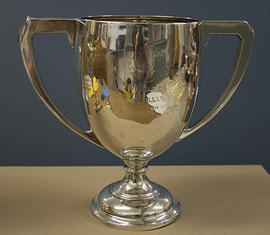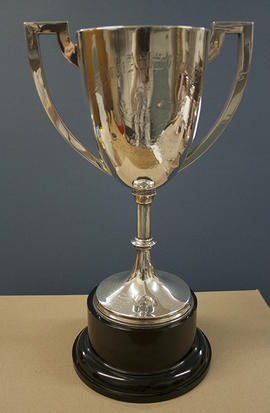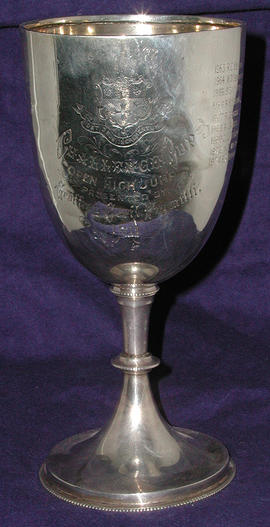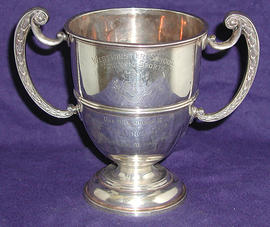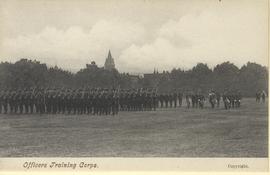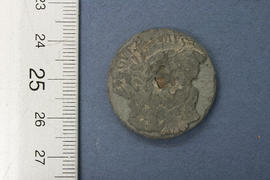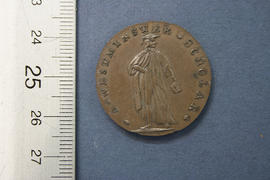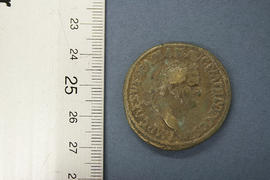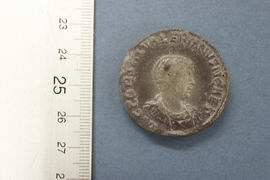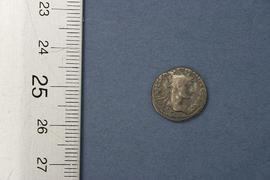Long Distance Race House Challenge Cup
Mappin & Webb LtdInscription: 'Presented by Members of the School 1897'. Reascribed in 2008 as Athletics Cup Senior Teams (plinth needs plate and inscribing) Not loaded. No cover. Donor: Members of the School. Handles, plinth. Awarded: 1897-1974. Dented
Mappin & Webb LtdInscription: 'Challenge Cup Open High Jump presented by Geoffrey Cecil Formilli, 1911'. Height: 24.5cm Weight: 0.40kg. Not loaded. No cover. Handles. Donor: Geoffrey Cecil Formilli. Awarded: 1911-1974. Some dents. Maker's mark obscured.
Inscription: 'Westminster School Athletic Sports One Mile. Under 16 Challenge Cup now Under 16 Half Mile'. Reascribed to Junior Athletics Sports Cup in 2008 but swopped with WS.TRO.0001.085 prior to engraving. Not loaded. No cover. Awarded: 1924-1990. Handles. Plinth.
Mappin & Webb LtdOne copy annotated on reverse by R.S. Chalk, as follows:
'Memories 1918-1924
This is presumably Inspection up Fields in days before World War I. Such an annual Inspection, even after that War was an impressive affair- conducted by this or that distinguished O.W. soldier. The Band (I remember) played Handle’s March from ‘Scipio’, on each occasion.
By the end of the War, the Q.T.C. (invariably referred to as “The Corps”) was all-important in School life. I suppose 80% of boys were in uniform all days of the week - the majority of the remainder waiting till their uniforms arrived. Few senior boys had School uniform, and the sudden announcement in Lent 1919 (after the Armistice) that all must wear Etons or tails from next Term caused panic.
Unless exempted on medical grounds, it was quite exceptional for anyone not to be in the Corps. Nor without reason - all were due to be called up at 18. It was not unusual for a boy to leave School then be at the Front by the end of that year - in some cases, not to return.
The School’s War Record was a very fine one, not least as the result of high standards in the Corps - 220 names on the War Memorial, I believe - and each trained as an Officer before leaving School.
Numbers in the Corps declined in years after the War, but high standards continued. K.SS in particular took Corps very seriously.'
Obverse: GULIELMUS ET MARIA, barley legible
Obverse: A WESTMINSTER SCHOLAR Westminster scholar gowned, standing facing right
Obverse: Head facing right
Obverse: Male bust facing right
Obverse: AYTO KAIC TPAIANOC CEBACT Laureat head facing right
